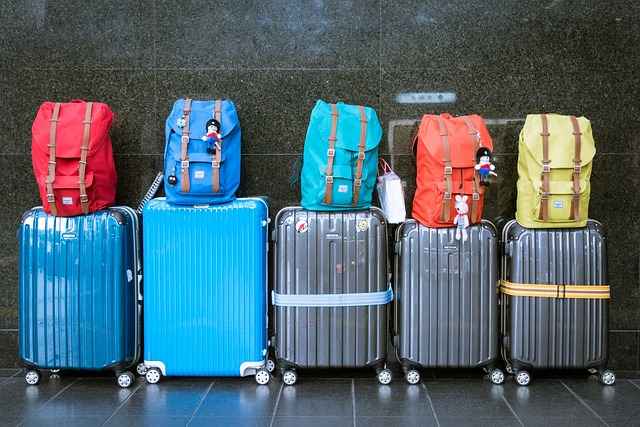If you’re preparing to travel internationally, you have a lot of exciting new experiences to anticipate. Traveling internationally can open your eyes to new cultures,
lifestyles, and languages as you try new foods and visit museums and landmarks. While the costs associated with flying or traveling internationally can seem intimidating, it is possible to travel internationally on a budget. There are guides and resources that advise people bitten by the travel bug on how to travel the world in just one year for $20,000.
That adds up to around $50 per day. If travel-savvy explorers can travel the entire world on a budget, then it must be possible to budget for an international flight or two.
Table of Contents
Common International Fees
Even so, international travel can accumulate some unexpected fees and costs. In addition to budgeting for expected costs like flights, hotels, food, and transportation, you might want to consider how a country’s currency exchange rate and taxes will affect your budget.
Countries may impose additional charges on services used by visitors, such as hotels and visas. Some countries also charge foreigners coming into and leaving their nation departure and entrance fees. Be advised that many credit card issuers impose international transaction fees if you want to use a credit card while visiting another nation.
If you’re traveling on a budget, it may be best to locate a credit card company that does not charge such fees or resort to a debit card and cash only while abroad.
Baggage can be another unexpected cost. While some airlines allow free luggage, this is usually not the case on international flights. If you bring a lot of souvenirs back from your trip and your bag is overweight, you may find yourself forced to pay extra.
Luggage Mishaps

When traveling in a new country, you tend to be left without the luxury of reliable transportation and accommodations. Especially if you have an early morning or late night flight, you might find yourself stranded in a foreign country with nowhere to store your luggage.
Don’t panic! Mishaps are part of the fun of international travel—they tend to lead to unexpected adventures. Still, it’s best to be prepared for unexpected occurrences and fees.
Make sure you know a few basic phrases so you can ask for assistance in the local language if your aircraft does land early or late or if you get lost on the way to a hotel. Carrying a book with the phone numbers of your credit or debit card companies and emergency contacts might be useful in case your cards are stolen or you experience problems with your foreign banking.
Finally, ensure that you have identified a safe place to store your luggage in case you do arrive before your hotel or dinner reservation is ready.
For instance, if you’re planning an international trip to Canada and looking for luggage storage in Toronto Union Station, Bounce offers luggage storage solutions throughout Toronto. For just $8 a day, you can find luggage storage in Toronto Union Station or anywhere in Toronto based on the location of your hotel and the sights you plan to see.
Bounce partners with local businesses, hotels, and shops to ensure that luggage storage in Toronto Union Station is seamless. You can insure your bags for up to $10,000; each storage location includes safety seals so your luggage can be secure and discrete.
Travel insurance is a must for most international flights and ensures that you will be refunded for your flight in case of cancellation or baggage loss. You can’t beat $8 per day luggage storage in Toronto Union Station which includes $10,000 baggage insurance, though.
Budgeting for International Travel
While you may already have an overall travel budget in mind, it can be helpful to set a daily budget for each day of your trip. You might not want to limit yourself to $50 a day like some world travelers—especially if you’re traveling for one week or one month rather than a whole year—but it can still be helpful to categorize your spending.
Consider setting a daily meal and souvenir budget so you don’t go over the top. Decide which aspects of international travel are most appealing to you. If you’re a foodie, you may want to save the majority of your budget for the city’s best restaurants. If museums, shows, and other forms of entertainment are your preference, allow yourself to splurge on them a little.
Also keep in mind that some of the best attractions in a foreign country can be those that are free rather than those that are located in overpriced, tourist-heavy areas. Chat with the locals, too. They probably know the hidden gems of their city better than any tourist guide.
Conclusion
Whether you’re budgeting for a shopping spree in a foreign city or luggage storage in Toronto Union Station, these tips and tricks for international travel and budgeting will hopefully help you make the most of your time abroad.

